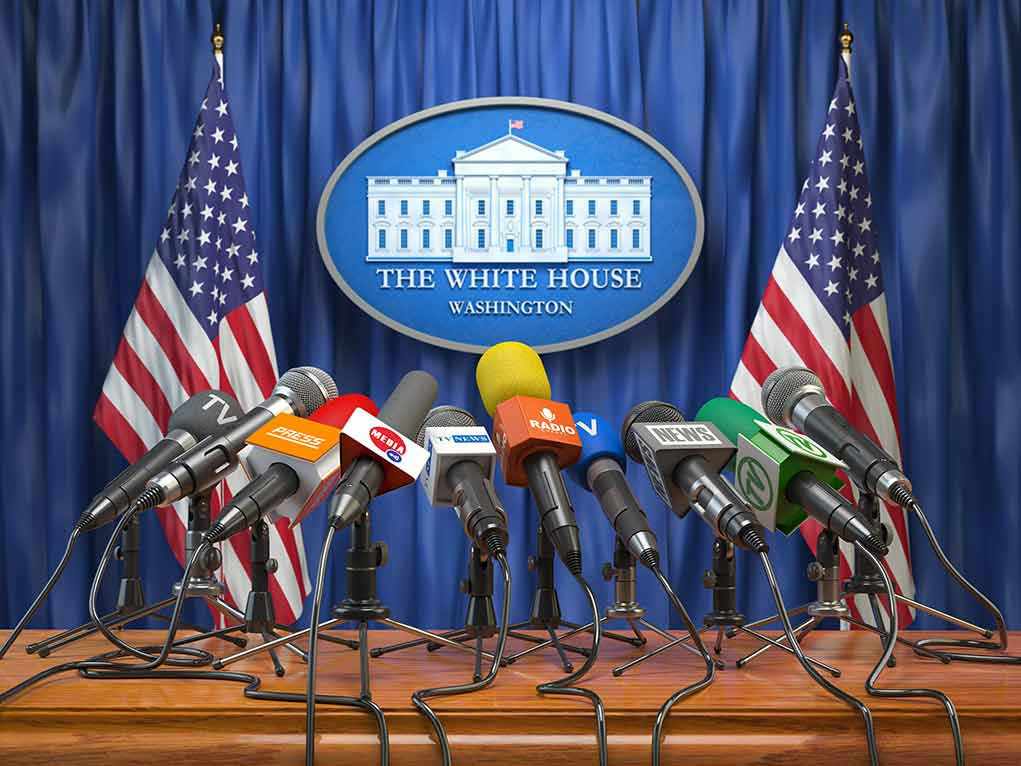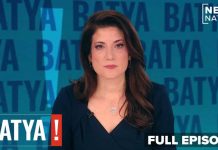
A new Pentagon policy threatens press freedom, sparking outrage among journalists and advocates.
Story Snapshot
- New Pentagon regulations restrict journalist access and control information flow.
- Journalists must sign a pledge not to publish unauthorized information.
- Press freedom advocates label the move as intimidation and censorship.
- Defense Secretary Pete Hegseth defends the policy as necessary for security.
- Public backlash and potential legal challenges are anticipated.
Pentagon’s New Policy on Journalist Access
On September 19, 2025, the Pentagon issued a memo outlining new restrictions on journalists, requiring them to sign a pledge not to publish information without government authorization. This policy applies even to unclassified material, significantly curtailing journalistic freedom. The Pentagon’s move has been widely criticized by press freedom advocates who argue it undermines independent reporting and public accountability.
Press organizations, including the National Press Club, have condemned the policy, emphasizing the threat it poses to the First Amendment and democratic oversight. Mike Balsamo, President of the National Press Club, stated that government-controlled reporting contradicts the principles of transparency and accountability that are fundamental to a free press.
Background and Context
The restrictions are part of a broader effort by the Trump administration to control media narratives and limit leaks, which have included previous actions such as removing major news outlets from the Pentagon and requiring journalist escorts. These measures signal a shift towards more restrictive media policies under the administration, drawing criticism from numerous quarters.
Historically, the U.S. military has allowed credentialed journalists access to the Pentagon, with established protocols for handling sensitive information. However, these new rules deviate from past practices, raising concerns about the erosion of press freedoms and the potential impact on public trust in military reporting.
Implications and Reactions
The immediate effect of these restrictions is a reduction in independent reporting from the Pentagon, as journalists may self-censor to retain access. This move has escalated tensions between the press and government officials, with press freedom organizations poised to challenge the policy legally and publicly.
In the long term, there’s a risk of eroding public trust in defense sector transparency and setting a precedent for similar restrictions across other government agencies. The Pentagon’s actions could influence global perceptions of the U.S. commitment to press freedom and democratic principles.
Legal scholars have noted that these measures could potentially violate First Amendment rights, predicting possible court challenges. Media ethicists warn of the chilling effect on investigative journalism and whistleblowing, as the new policy may deter journalists from pursuing critical stories about military and government actions.











